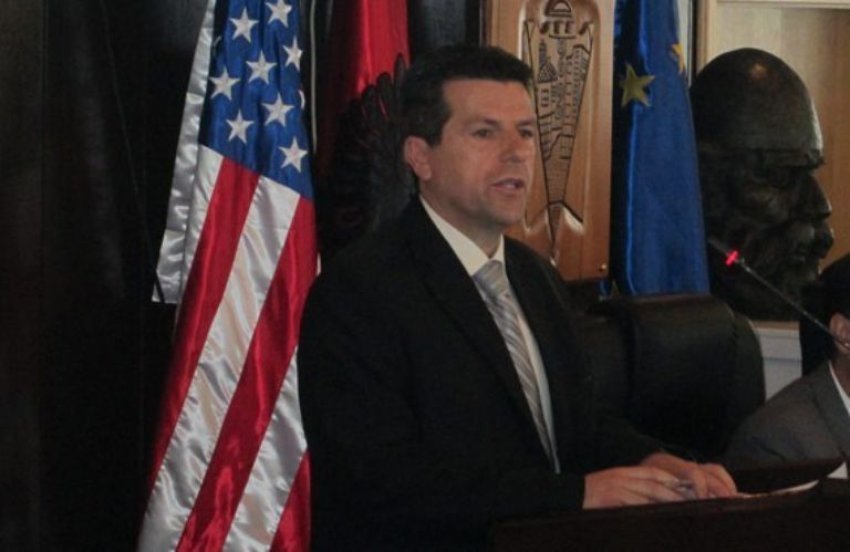Today, the EU decided to lift visa requirements for Serbian citizens in northern Mitrovica. This decision was made at the level of foreign ministers during the last meeting.
Once it takes effect—expected to be on the 20th day after publication in the EU Official Journal—the decision will be implemented in all EU member states.
Professor Refik Hasani has criticized the EU decision, deeming it unfair given that Albanians, despite being a minority in Eastern Kosovo, are being discriminated against by Serbs who are deactivating their addresses.
“Today, the European Council decided to liberalize visas for citizens holding Serbian passports issued by Serbia’s Coordinating Directorate. Serbia still maintains functional parallel institutions in the Republic of Kosovo, and the Coordinating Directorate of Serbia has continuously issued documents that, although illegal, allow holders of these documents to travel visa-free in the EU. In this case, the Serbian minority in Kosovo has not been prevented from obtaining documents from the Republic of Kosovo. Meanwhile, Albanians in Preševo, Medveđa, Bujanovac, and throughout Serbia are facing what is termed as address deactivation, which aims for ethnic cleansing, a form of discrimination in its own right,” he said.

Hasani further stated that while Kosovo Serbs are granted visas, Albanians in Eastern Kosovo are undergoing ethnic cleansing.
“Address deactivation means that one is not entitled to possess identity documents and is considered a foreigner, not a citizen of the Republic of Serbia, and cannot perform any legal action. Address deactivation is a violation, a denial of basic individual and collective rights, and is discriminatory. It is against EU standards and conventions and other acts guaranteed by the UN Charter. So far, over 15,000 Albanian citizens who are Serbian nationals residing in Preševo, Medveđa, Bujanovac, and elsewhere in Serbia have had their addresses deactivated. This category remains stateless, as they are not accepted in their place of origin in Serbia due to legal address removal. Meanwhile, starting today, the Serbian minority in Kosovo will travel visa-free in the EU with illegal documents, while Albanians in Preševo, Medveđa, and Bujanovac are being discriminated against through address deactivation as a form of ethnic cleansing,” he concluded for “Bota sot.”







